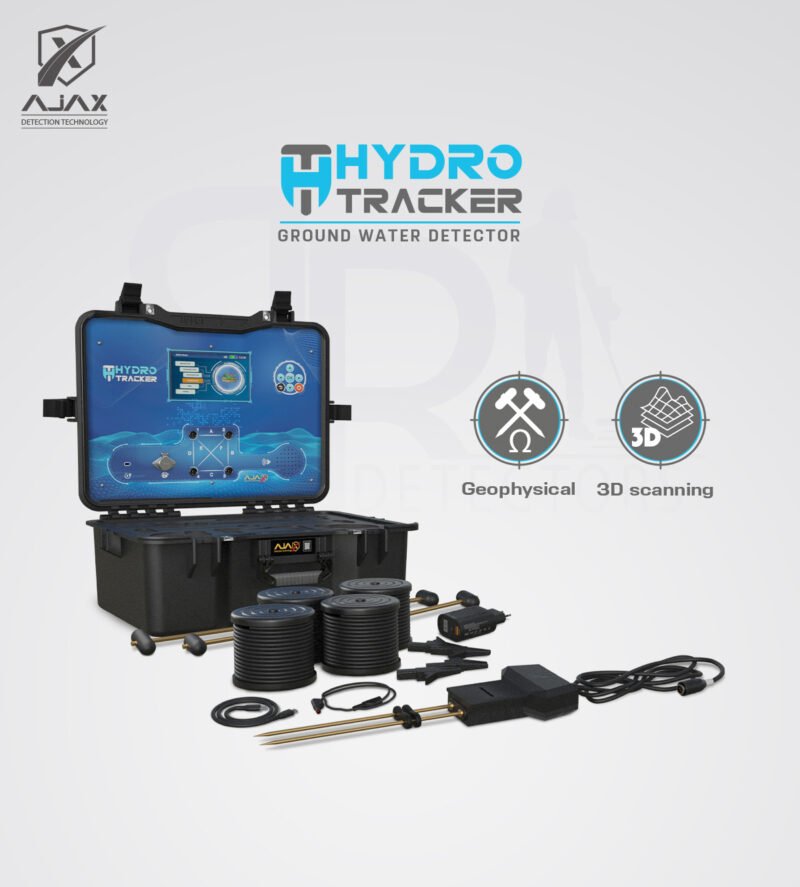In today’s fast-evolving technological landscape, cloud computing has emerged as one of the most transformative innovations, reshaping industries and creating unprecedented opportunities for professionals. For aspiring professionals looking to break into the world of technology, understanding cloud computing is essential.
But what exactly is cloud computing? How does it work, and why is it so crucial for businesses and individuals alike? In this comprehensive guide, we will demystify cloud computing for aspiring professionals, explain its core concepts, and outline the skills and knowledge needed to thrive in this exciting field.
What is Cloud Computing?
At its core, cloud computing refers to the delivery of computing services—including servers, storage, databases, networking, software, and more—over the internet. Instead of relying on local servers or personal devices, cloud computing enables users to access, manage, and store data and applications remotely through the cloud. This eliminates the need for large physical infrastructures and allows for flexible, on-demand access to a variety of resources.
There are three primary models of cloud computing services:
- Infrastructure as a Service (IaaS): Provides virtualized computing resources over the internet, such as virtual machines, storage, and networking. This model allows businesses to rent infrastructure instead of owning it.
- Platform as a Service (PaaS): Offers hardware and software tools over the internet, often for application development. Developers can build, test, and deploy applications without managing underlying infrastructure.
- Software as a Service (SaaS): Delivers software applications over the internet. Instead of installing and maintaining software on local devices, users can access applications through the cloud on a subscription basis.
Why Cloud Computing is Important for Aspiring Professionals

For aspiring professionals, understanding cloud computing is not just an advantage—it’s becoming a necessity. Here’s why:
- Growing Demand for Cloud Skills: As businesses move their operations to the cloud, the demand for professionals with cloud computing expertise is skyrocketing. According to industry reports, the global cloud computing market is projected to grow to over $1 trillion by 2028, creating a wealth of job opportunities in this field.
- Cost Efficiency for Businesses: Cloud computing offers significant cost savings by eliminating the need for businesses to invest in and maintain physical servers and IT infrastructure. Companies can pay only for the resources they use, which is particularly beneficial for startups and small businesses.
- Scalability and Flexibility: One of the key advantages of cloud computing is its scalability. Businesses can quickly scale up or down their cloud resources based on their needs, ensuring they are never overpaying for unused capacity.
- Remote Accessibility: With cloud computing, professionals can access data and applications from anywhere in the world, enabling remote work and collaboration. This has become particularly valuable in the post-pandemic world, where hybrid and remote work environments are becoming the norm.
Career Opportunities in Cloud Computing
Aspiring professionals interested in cloud computing have a wide range of career paths to explore. Some of the most in-demand roles in cloud computing include:
- Cloud Architect: Cloud architects are responsible for designing, building, and managing cloud infrastructure. They ensure that the cloud environment meets the company’s technical and business requirements.
- Cloud Engineer: Cloud engineers work with cloud services, ensuring they are implemented and managed properly. They troubleshoot cloud-related issues and maintain cloud environments.
- Cloud Security Analyst: With the increasing adoption of cloud computing, security concerns have risen. Cloud security analysts ensure that cloud environments are secure, monitoring for potential threats and vulnerabilities.
- DevOps Engineer: DevOps engineers manage both development and operations, often working within cloud environments to streamline the delivery of software applications.
- Cloud Consultant: Cloud consultants advise businesses on how to migrate to the cloud and optimize their cloud infrastructure to meet their business goals.
Key Cloud Providers: A Comparative Overview
Several major companies dominate the cloud computing industry, offering various services and solutions. Understanding the major players is crucial for aspiring professionals.
| Cloud Provider | Description | Popular Services |
|---|---|---|
| Amazon Web Services (AWS) | AWS is the largest and most widely used cloud provider, offering a wide range of services including computing power, storage, and networking. | EC2, S3, RDS, Lambda |
| Microsoft Azure | Azure is a strong competitor to AWS, providing enterprise solutions and integrations with other Microsoft products. | Azure Virtual Machines, Azure Blob Storage, Azure DevOps |
| Google Cloud Platform (GCP) | GCP focuses on AI and machine learning services, making it a popular choice for data-heavy applications. | Google Compute Engine, BigQuery, Kubernetes Engine |
| IBM Cloud | Known for its AI capabilities and enterprise solutions, IBM Cloud offers hybrid and multicloud solutions. | IBM Watson, IBM Cloud Kubernetes Service |
These cloud providers offer free tiers for aspiring professionals to experiment and develop their skills, making it easier to get hands-on experience with real-world cloud technologies.
Certifications for Cloud Computing Professionals

One of the best ways to establish credibility in the cloud computing field is through professional certifications. Certifications validate your skills and demonstrate your expertise to potential employers.
Some of the most recognized cloud certifications include:
- AWS Certified Solutions Architect: This certification focuses on designing and deploying scalable, highly available systems on AWS.
- Microsoft Certified: Azure Fundamentals: This entry-level certification is ideal for those new to cloud computing and covers the basic concepts of Microsoft Azure.
- Google Professional Cloud Architect: This certification is designed for professionals who want to become proficient in GCP’s cloud architecture.
- Certified Cloud Security Professional (CCSP): This certification emphasizes cloud security, addressing key areas such as data protection and compliance.
These certifications often require passing an exam and may have specific prerequisites, depending on the provider.
Essential Skills for Aspiring Cloud Computing Professionals
In addition to formal certifications, aspiring professionals should focus on developing a strong set of technical and soft skills. Here are some essential skills for those looking to enter the cloud computing field:
- Programming and Scripting: Familiarity with programming languages like Python, Java, and Ruby is crucial for automating tasks in cloud environments.
- Networking: Understanding cloud networking concepts, such as virtual private clouds (VPCs) and load balancing, is essential for managing cloud infrastructure.
- Cloud Security: As businesses move sensitive data to the cloud, ensuring robust security measures are in place is critical. Knowledge of encryption, firewalls, and identity management is highly valuable.
- DevOps and Automation: Automation plays a significant role in cloud computing. Knowing how to use tools like Jenkins, Docker, and Kubernetes will help you streamline cloud operations.
- Problem-Solving and Critical Thinking: Cloud computing environments can be complex, so strong problem-solving skills are necessary for troubleshooting issues and optimizing systems.
Future of Cloud Computing
As the demand for cloud services continues to grow, so does the need for innovative solutions that will shape the future of cloud computing. Emerging trends include:
- Edge Computing: This involves processing data closer to where it’s generated, reducing latency and improving performance for applications that require real-time data analysis.
- AI and Machine Learning Integration: Cloud providers are increasingly incorporating AI and machine learning capabilities into their platforms, allowing businesses to harness the power of data for better decision-making.
- Sustainability Initiatives: Cloud providers are taking steps to reduce their environmental impact by using renewable energy and optimizing data centers for energy efficiency.
For aspiring professionals, staying informed about these trends and continuously updating their skills will be crucial for long-term success in the cloud computing industry.
FAQs
What is cloud computing in simple terms?
Cloud computing refers to the delivery of computing services, such as servers, storage, and applications, over the internet. Instead of using local servers, businesses and individuals access resources remotely via the cloud.
Why is cloud computing important for my career?
Cloud computing is revolutionizing industries and creating job opportunities. Gaining cloud skills makes you more competitive in the job market, as businesses increasingly rely on cloud technologies.
What are the main types of cloud computing services?
The main models include Infrastructure as a Service (IaaS), Platform as a Service (PaaS), and Software as a Service (SaaS). Each provides different levels of control and management over the cloud infrastructure.
How can I start learning cloud computing?
Begin by exploring free resources from major cloud providers like AWS, Azure, and GCP. Consider pursuing cloud certifications to validate your skills and gain hands-on experience through free cloud trials.
What certifications are best for cloud computing beginners?
For beginners, the AWS Certified Cloud Practitioner, Microsoft Azure Fundamentals, and Google Cloud Associate Cloud Engineer are great starting points.








